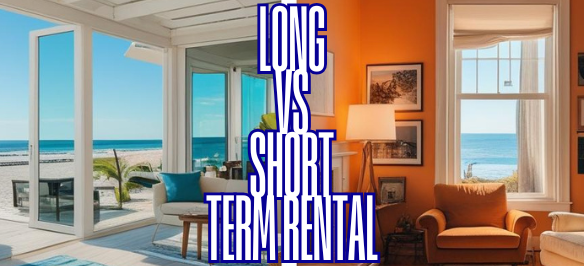Selling an apartment is never “just a transaction.”
For most homeowners, it is an emotional decision tied to years of memories, personal investments, and the hope of achieving a fair return.
This guide is not here to convince you of anything. Its purpose is to provide a clear picture of the factors that determine the market value of your property, the way buyers think, and how a professional agency can make the process smoother, more efficient, and far less stressful.
1. Location – More Than Just an Address
When people say “location,” they often think only of the city. In reality, within the same city, the difference in value can be significant depending on:
-
Proximity to the sea, city center, or main roads
-
The view (sea, mountains, open greenery, or simply another building)
-
Noise levels (traffic, nightlife, seasonal crowds)
-
Infrastructure (schools, supermarkets, parking, public transport, pharmacies)
Golden rule: Buyers do not just look for square meters – they look for a lifestyle.
2. Paperwork – The Foundation of a Smooth Sale
A property with clear documentation, registered ownership, legalization where required, and all necessary approvals will generally sell faster and at a higher price.
Unresolved paperwork does not mean a sale is impossible, but it often slows down negotiations. Buyers may use it as leverage to lower the price or may simply decide not to proceed.
Tip: Prepare your documents in advance – or allow your agency to review and organize them for you.
3. Condition and Furnishing – Real Value Versus Personal Taste
-
Renovated apartment
-
Modern kitchen
-
Quality flooring, windows, and functional bathrooms
These features will attract buyers. However, it is important to remember that personal style does not always translate into added value. A custom sofa, luxury fixtures, or designer curtains may matter to you, but the market rewards durable, functional upgrades far more than individual taste.
Rule of thumb: Price should reflect the actual condition of the property and the wider market – not emotional attachment.
4. The Building and Its Surroundings – Buyers Look Beyond the Apartment
Buyers increasingly pay attention to the condition of the building and neighborhood. Common questions include:
-
Does the building have an elevator?
-
Is the entrance, facade, and roof well maintained?
-
What is the neighborhood atmosphere – quiet families, seasonal tourists, or nightlife?
-
Is there parking or a garage, or at least convenient public parking nearby?
Example: A third-floor apartment without an elevator will not achieve the same price as an identical unit in a building with a lift.
5. Orientation and Natural Light – Subtle but Significant
South or southwest orientation with ample natural light is a strong advantage.
Apartments facing north and lacking daylight often require an additional unique feature to stand out in the market.
6. Market Trends – Stable, but Buyer-Oriented
Most homeowners prefer to hear that the market is stable, prices are gradually rising, and that they are making a profit. While this may be true, the reality is:
Buyers are not paying for square meters alone. They are paying for perceived value, and they will negotiate.
How a Professional Agency Can Help
-
Accurate market-based property valuation
-
High-quality photos and professional listings
-
Screening of buyers to ensure only serious prospects
-
Property showings managed on your behalf
-
Skilled negotiation with your interests as priority
-
Assistance with documentation and contract finalization
The Key Balance
Your apartment has value. But to sell it quickly, at the right price, and without unnecessary stress, balance is essential:
-
Between emotions and market reality
-
Between expectations and negotiations
-
Between you and the expertise of a trusted real estate partner
If you are ready to sell but do not want to go through the process alone, contact us.
We know how to make your property stand out – and how to attract the right buyer.




